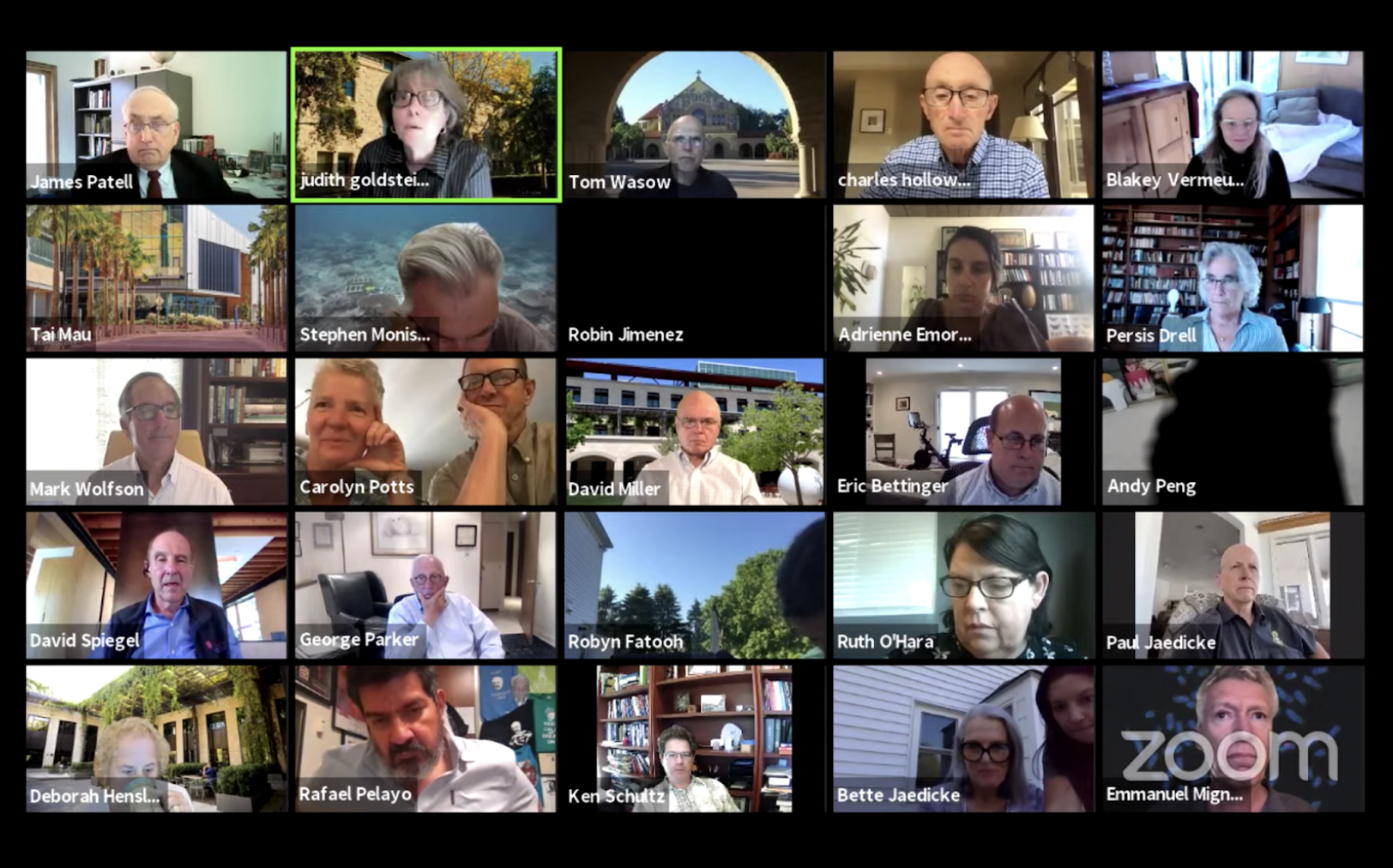The Faculty Senate voted on Thursday to implement a three-year pilot program that would allow certain student-athletes to enroll at Stanford up to two quarters before their freshman year. They also voted to recognize Election Day as an official academic holiday.
Early enrollment would be limited to no more than 15 students per year, and each student-athlete must be academically qualified and have already graduated from their respective high school.
This proposal comes after many other top-tier universities started similar recruitment programs, acknowledged Chair of the Committee on Undergraduate Admission and Financial Aid (C-UAFA) and education professor Eric Bettinger. Bettinger’s committee proposed the pilot.
Bettinger emphasized that the early enrollment initiative can improve the odds of student-athletes finishing their undergraduate degrees.
“If we look since 2015 at the students who have actually gone to play professional sports, many of the ones who are seniors in their fourth year have not been able to graduate,” Bettinger said.
“What we are trying to do is restore the two quarters [they lose in their fourth year] at the very beginning. If student-athletes left early because of professional prospects, they would be in a much better position for graduation,” he added.
Bioengineering and mechanical engineering professor Scott Delp expressed his approval for this proposal, referencing a recent conversation he had with a student-athlete who recently declared bioengineering as his major.
“We were mapping out his four years, and it is extremely difficult for him to finish this major in four years,” Delp said. “He’d be in much better shape and be much more likely to finish his degree if he could have started in January.”
However, some faculty members laid out their opposition to the pilot program, citing a lack of preparation for these early enrollees, the loss of the senior-year experience and possible added stress on these student-athletes.
Electrical engineering and computer science professor Mark Horowitz said, “What most swayed me was that colleagues of mine that actually played college athletics were the most adamant against this program because they always felt that these athletes were very much stressed for their careers.”
The Faculty Senate also voted to change the academic calendar to include an Annual Civic Day of Service, acknowledging the importance of Election Day.
ASSU Senator Jonathan Lipman spoke in support of the proposal, saying it would center civic engagement as a Stanford priority.
“The fact that Election Day, a day central toward democratic responsibilities, is seen by some students as not a big thing on campus, speaks to why this proposal is so important,” Lipman said. “For many at Stanford, Election Day comes and goes, as just another day of classes, problem sets and midterms.”
“This proposal would change that by ingraining civic participation in our culture, and encouraging and enabling our community to engage,” Lipman added.
Despite passing, some faculty senators were wary of the holiday proposal. Co-chair of the Committee on Undergraduate Standards and Policy (C-USP) and education professor Adam Banks said that conversations between C-USP and the Committee on Graduate Studies highlighted how adding another academic holiday to the current calendar could stress both professors and students alike. Additionally, he said that it is unclear what kind of role international students would play in an American election-focused day of civic engagement.
